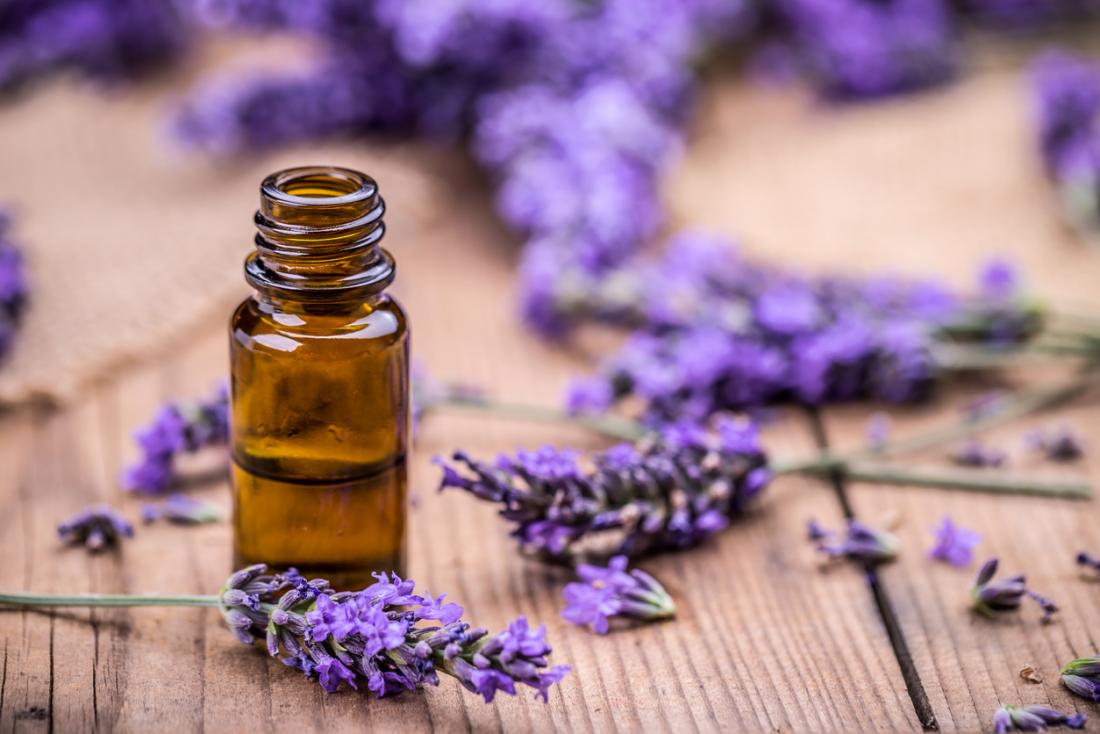Fear, Worry, Panic, Uneasy, Concernment, Nervousness, Anxiousness, Uneasiness.
Root Cause of Disease
Anxiety can be normal in stressful situations such as public speaking or taking a test. Anxiety is only an indicator of underlying disease when feelings become excessive, all consuming and interfere with daily living activities are difficult to control, are out of proportion to the actual danger and can last a long time. You may avoid places or situations to prevent these feelings, Anxiety disorders involve repeated episodes of sudden feelings of intense anxiety and fear or terror that reach a peak within minutes.
Symptoms
Symptoms of a common anxiety include:
- Feeling nervous, restless or tense
- Having an increased heart rate
- Sweating
- Trembling
- Having trouble sleeping
- Breathing rapidly(hyperventilation)
- Having difficult to control worry
- Having the urge to avoid things that trigger anxiety
Causes
Anxiety disorders are like other forms of mental illness. They don’t come from personal weakness, character flaws or problems with upbringing. But researchers don’t know exactly what causes anxiety, they suspect a combination of factors plays a role. Chemical imbalance, Environmental Factors.
- Genetics: Depression can run in families, suggesting a genetic component to the condition.
- Chemical imbalances: An imbalance of certain chemicals in the brain, such as serotonin and dopamine, can contribute to the development of depression.
- Traumatic life events: Such as the loss of a loved one, divorce, or abuse, can trigger depression in some individuals.
- Medical conditions: Chronic illness, chronic pain, and other medical conditions can contribute to depression.
- Substance abuse: Substance abuse, particularly of drugs like alcohol and cocaine, can increase the risk of depression.
- Hormonal changes: Hormonal changes during pregnancy, postpartum, and menopause can contribute to the development of depression.
- Neurological conditions: Some neurological conditions, such as multiple sclerosis and Parkinson’s disease, can increase the risk of depression.
Natural Remedies for Anxiety
- Getting enough sleep
- Meditating
- Staying active and exercising
- Eating a healthy diet
- Avoiding alcohol
- Avoiding caffeine
- Quitting smoking cigarettes if smoke
Home Remedies To Treat Anxiety
Remedy -1: Lavender oil

Lavender is renowned for its ability to create a relaxing atmosphere. In fact, one of the main benefits of lavender is that it can calm without sedating. The aroma of lavender is scientifically proven to reduce anxiety. Because of its calming properties lavender is also used in aromatherapy.
When topically applied through massage, lavender oil is found to rapidly be absorbed by the skin, resulting in a sedative and relaxing effect. You can either pat on oil from the bottle or use a rollerball. Apply to wrists, behind ears, and nape of neck throughout the day or as desired.
Product Link: Lavender
Remedy -2: Exercise

Doing 30 minutes or more of exercise a day for three to five days a week may significantly improve depression or anxiety symptoms. But smaller amounts of physical activity — as little as 10 to 15 minutes at a time — may make a difference. The mental health benefits of exercise and physical activity may last only if you stick with it over the long term — another good reason to focus on finding activities that you enjoy.
Remedy -3: Ocotea essential oil

This is a very common ingredient in aromatherapy practices because it can help to soothe the nervous system and it will lower the stress hormones in your body.
When you are applying a few drops of ocotea essential oil to your chest, neck or temples, then it can allow the aromatic compounds to effectively relax your mood and promote feelings of calm and peace. Also you can enjoy in these benefits of ocotea essential oil when you are diffusing this oil throughout your home.
Product link: ocotea oil
Remedy- 4: Mugwort tea

The health benefits of the mugwort tea are mainly due to the presence of various B – family vitamins, calcium, iron, potassium, Vitamin E, Vitamin K, Vitamin A, flavonoids, triterpenes and other antioxidant compounds. Mugwort tea has many health benefits, such as regulate diabetes, detoxify the body, strengthen the immune system, help with weight loss efforts, promote dream retention, reduce anxiety and depression.
The mugwort tea has powerful nervine properties which mean that it can be used for treating depression, anxiety and chronic stress levels. It can relieve stress on your nervous and metabolic system and improve the quality of your life.
Preventions
There are ways to reduce the risk of anxiety disorders. Remember that anxious feelings are a natural factor of daily life, and experiencing them does not always indicate the presence of a mental health disorder. Take the following steps to help moderate anxious emotions:
- Reduce intake of caffeine, tea, cola, and chocolate
- Maintain a healthy diet
- Before using over-the-counter(OTC), check with a doctor for any chemicals that may make anxiety symptoms worse
- Keep a regular sleep pattern
- Avoid alcohol, cannabis, and other recreational drugs




